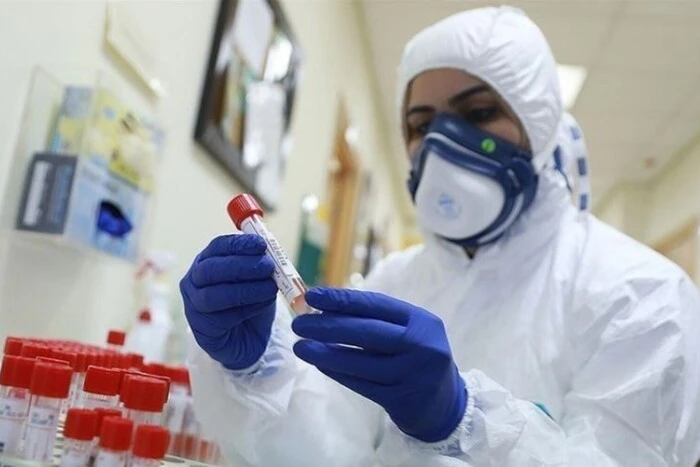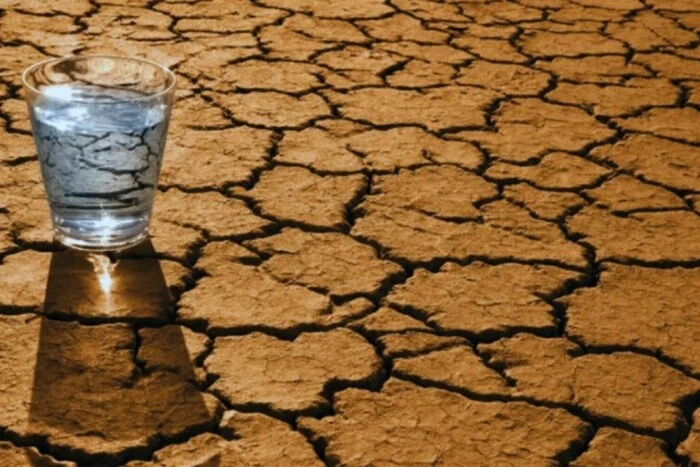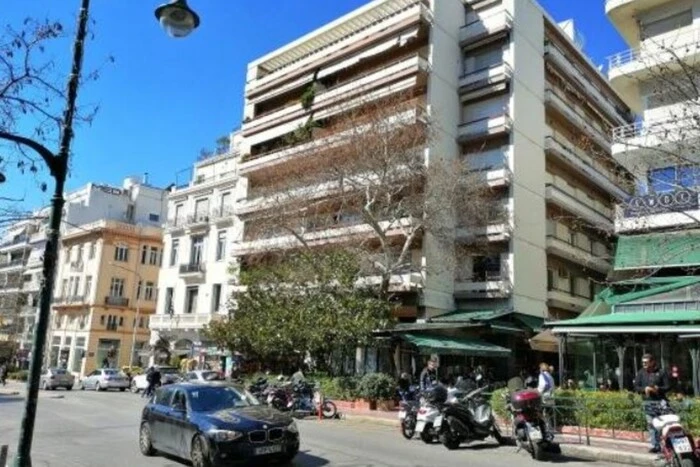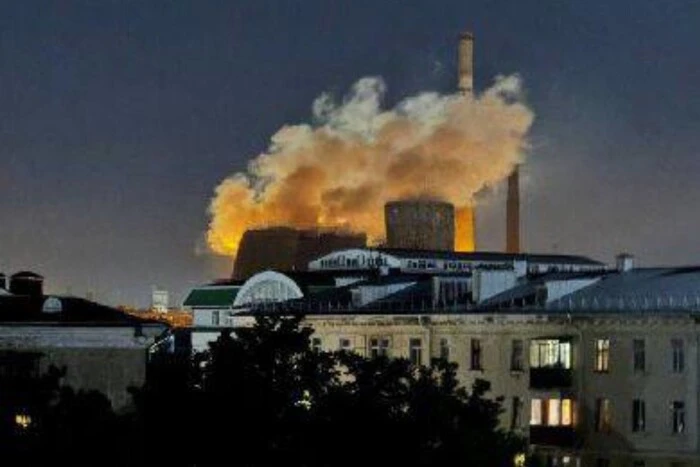How to prepare the world for future pandemics? WHO has made a decision.


The World Health Organization has reached an agreement on drawing lessons from the Covid-19 pandemic and preparing for future pandemics. The main task is to ensure the equitable distribution of medicines and vaccines between wealthy and poor countries.
The global success of this agreement is a victory for WHO. However, the USA, as the largest donor to the organization, has decided not to join this agreement due to the country's exit from the WHO.
According to the founder of the analytical center Spark Street Advisors, this is a historic moment that demonstrates that countries can cooperate regardless of the participation of the USA.
This is already the second Time in 75 years of the WHO's existence that member countries have reached such an agreement. The previous one was the Framework Convention on Tobacco Control, adopted in 2003.
The agreement must be approved by the World Health Assembly in May and ratified by each country.
This agreement provides that governments will regulate access to research results and ensure global availability of medicines, vaccines, and therapies during a pandemic.
This is the first international commitment in the field of health. This agreement gives more opportunities to WHO member countries regarding preparation, response, and prevention of future pandemics.
The agreement also ensures monitoring of global supply chains for medical goods and promotes the development of local production to prevent shortages in critical moments.
During the negotiations, a major focus was placed on technology transfer. The agreement involves sharing knowledge and production capacities to assist low-income countries in producing their own vaccines and medical supplies during a pandemic.
The agreement also obliges manufacturers to transfer 20% of their production to WHO in case of a pandemic. Of this portion, 10% must be provided as humanitarian aid, while the remaining 10% should be available at an affordable price.
The final adoption of the agreement will be confirmed after additional negotiations regarding access to pathogens and benefit sharing.
The head of WHO emphasized that a new pandemic is inevitable. This is not a theoretical risk but a real possibility. Such words were expressed by WHO Director-General Tedros Adhanom Ghebreyesus.
Read also
- Switzerland is offering money to foreigners for moving to a village with a view of the Alps, but there is a condition
- Scientists have discovered a new climatic phenomenon that has doubled droughts
- Housing rental in Greece in 2025: prices reached a record
- 16-year-old Ukrainian confessed to murdering his mother and sister in Belgium
- Drones attacked a chemical enterprise in the Russian Federation: main news of the night
- In Ukraine, changeable cloudiness: weather forecast for June 8










